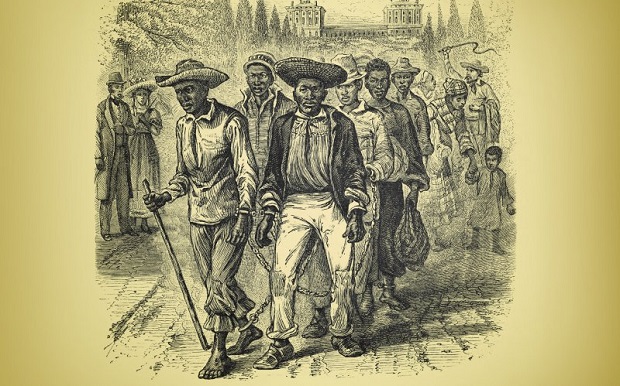
“It makes good business sense to have an employee base that looks like our customer base.” This is the sort of proclamation that you might imagine any—actually, every—diversity leader would make. In this case, AT&T’s Chief of Diversity Cynthia Marshall stated the obvious in an HR Magazine article.
Or is it obvious?
Marshall followed up with an explanation that to “truly serve the populations we want to serve, we need diverse groups of employees, suppliers and vendors.” Except, what if you aren’t looking to sell to a diverse customer base? What if your company wishes to target a very select group of people and has no intention to move beyond them?
Is it really true, then, that your employees should mirror your customers? Or, have enough diversity leaders, executives, and consultants parroted this advice so many times that we’ve come to take its value for granted?
I recently wrote a blog post called “The Diversity Paradox No One Talks About.” In it, I questioned the implications employing people who resemble customers. For example, what if your customers are black women? Does that mean your workforce should also be primarily—or forget primarily, but all—black females?
Obviously, such a hiring approach might land a business in court, but I’m less interested in legalities behind and more concerned with notions around diversity.
At this point, maybe you’re trying to conjure a brand that’s content with micro-targeting consumers. Especially nowadays, it’s not easy coming up with such an organization because the reality is that increased and intense competition often forces corporations to expand into new customer segments.
Unless we’re talking about Fashion Fair. As I stated in my post: “If you’ve never heard of the brand, it’s probably because you’re pale and [are a man].” Fashion Fair is a cosmetics company that has been selling to black women ever since 1973. It was founded at a time when few other makeup giants wanted to give black females tools to look pretty. Today, of course, pretty much every beauty company is after the black market, perhaps even market. Some are even targeting males.
Fashion Fair, however, continues to focus on its same core customers. And, in response to my tweet about my post, Fashion Fair explained, “We are happy to hear you know about us AND happy to report we employ men and women of many backgrounds.” As they should! I expected no less.
But what about the “mirror test”?
Forget about it. It’s a fallacy. If it were really true, that would mean that enterprises like Fashion Fair would be better off hiring only black women, Fox News should hire only Republicans, and Chinese restaurants in white neighborhoods should hang “Chinese Need Not Apply” signs.
If all that sounds ridiculous, it is. Ultimately, companies should hire diverse employees not because it’s important to reflect customers but because they’re more apt to benefit from varied perspectives. That’s the real value of diversity and inclusion.
And, for what it’s worth, I first learned about Fashion Fair many years ago when my mother bought the company’s lipsticks. She’s also white.

















